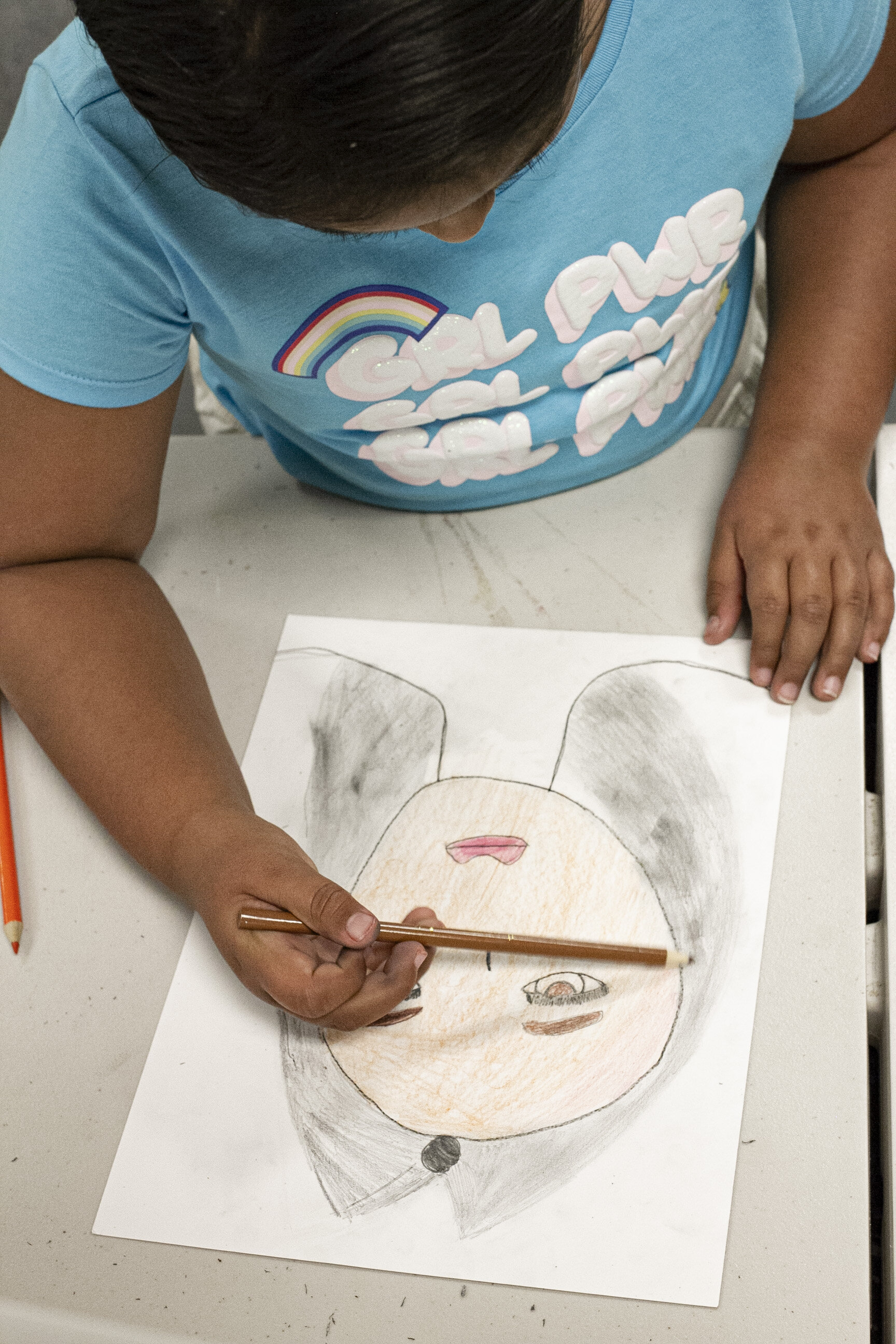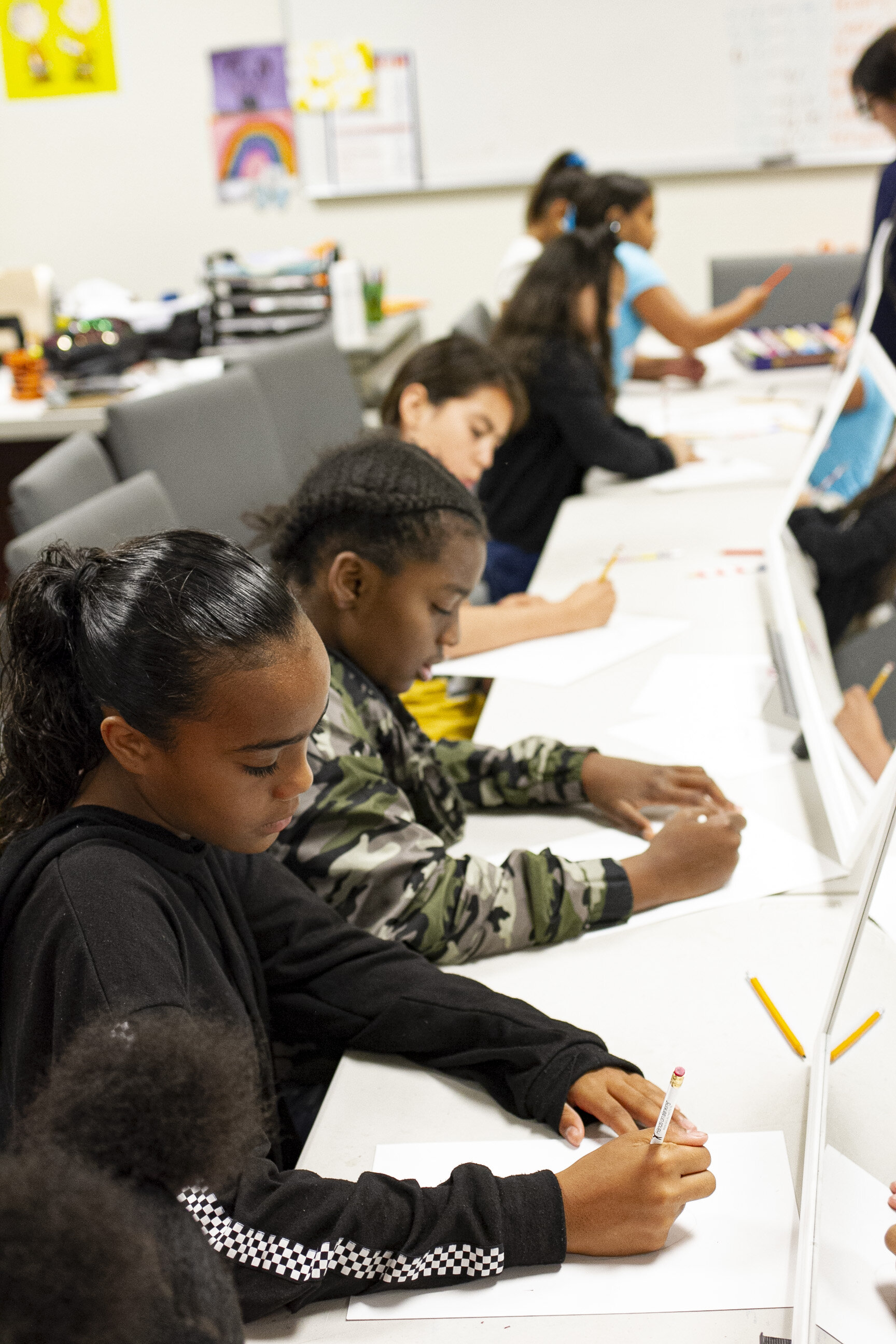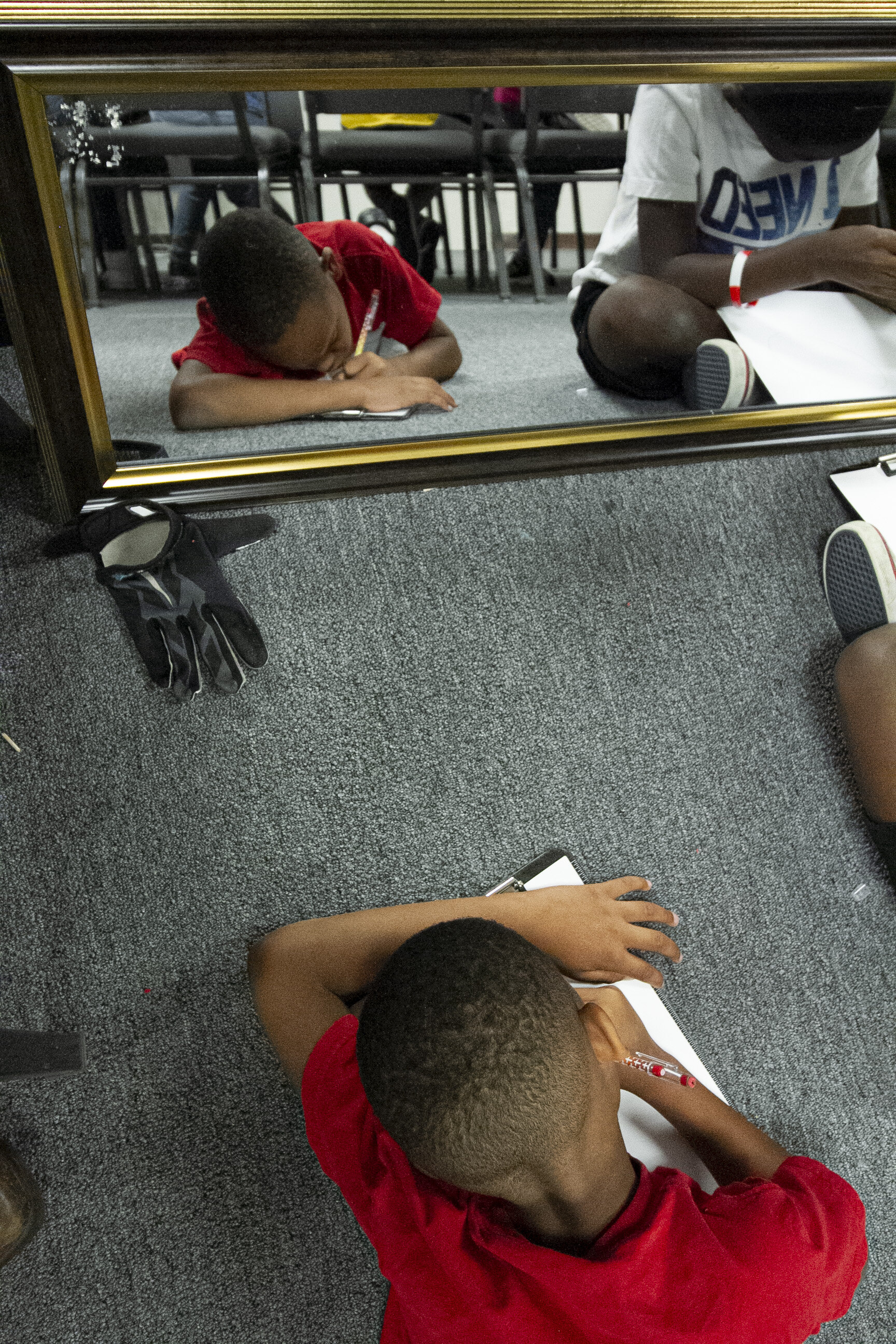Know Thyself
The ancient Greek aphorism, “know thyself” has been quoted and used for thousands of years. It was perhaps most famously used by Plato as he quoted his teacher, Socrates. As legend has it, Socrates also said, before his execution, “the unexamined life is not worth living.” Although the origins of these sayings may be interesting, the meaning is what interests us here at ReWritten. What does it mean to “know thyself”? How do you begin to know yourself? What do you examine about your life, and where do you start? Finally, why does it matter? It matters because although everything you know, believe, and do in life may relate to things and people outside yourself, your understanding of everything begins with you. How can you understand anything until you understand how a thing relates to yourself? That’s why it is important to “know thyself.”
Our kids tend to be kind of intense much of the time. These kids face big struggles, which makes understanding others, school, work, relationships, God, etc. challenging. They battle on so many fronts—social pressures, being fatherless, and, most importantly, seeing themselves as bearing the image of God, the ultimate father. How can they and we begin to understand what matters most without really looking inward? We can’t and they can’t.
Recently, we hosted an interesting self-portrait drawing workshop with our students. For the kids, it was fun, educational, creative, and, sometimes, kind of intense. An interesting thing happened in this simple session—students were required to carefully examine themselves. No, they didn’t undergo therapy or do intense soul searching. They started with just looking, looking carefully, and trying to really see themselves. We set up mirrors, tables, art paper, and pencils. The task was to really, carefully, look, notice, and draw. The students spent a long time intently staring at themselves, trying to see, to examine themselves. Intuitively, most did not quickly draw themselves and move on. They looked and looked, then looked some more. As they began to draw, add details, and focus on their self portraits, it was very interesting to see what they most noticed about themselves. It was fascinating to observe which students most engaged with their portraits. It was also intriguing to note the way some students so clearly saw themselves and were able to communicate that in their drawing. The whole session was a thing of beauty.
Some wise thinkers say that the important elements to pursue in life are essential attributes of the Father God—namely, we should focus on what is good, true, and beautiful—because these are life giving and affirming aspects of life that lead us back to God. In our simple ways, we hope to point our students toward these attributes. If they begin by becoming more introspective and understanding themselves better, we think they can then look outward to the world, and, especially, to God. In this case, they drew, but they looked too. We hope they noticed and thought. We hope they saw a little bit of what God the Father sees in us—his image bearers whom he loves and seeks.
Like so many things we do at ReWritten, we are intentional, but also sometimes run with an idea that inspires. This activity was the latter—it felt right; and, given how beautifully they engaged and cared about their portraits, we think God provided that inspiration because it was needed by our students. We always hope that we achieve a good mixture of planning and inspiration in order to steward well the resources he provides and to lead our students toward lives of faith, meaning, and intention. We think that begins by knowing themselves, seeing themselves, and examining their lives.






